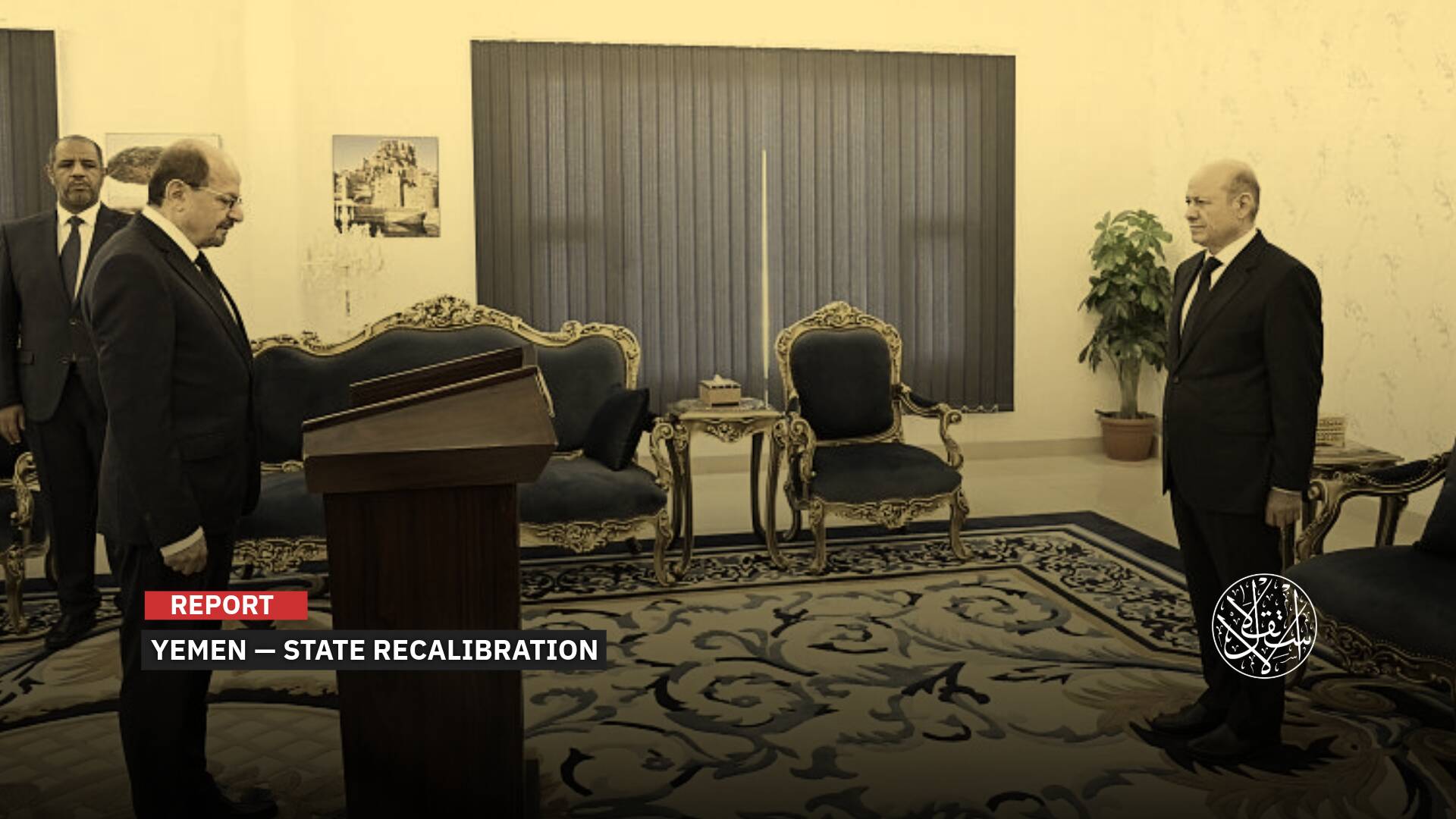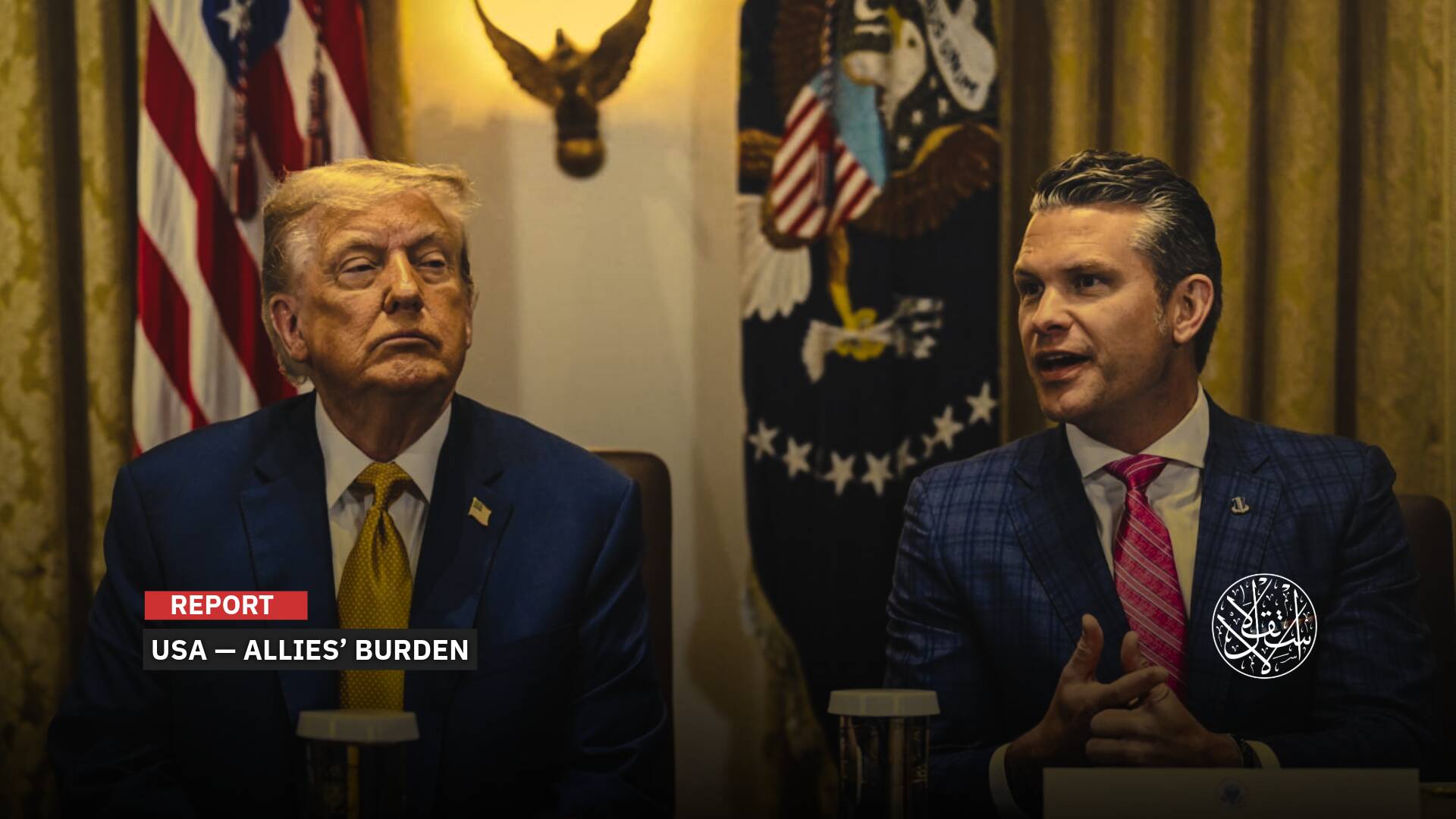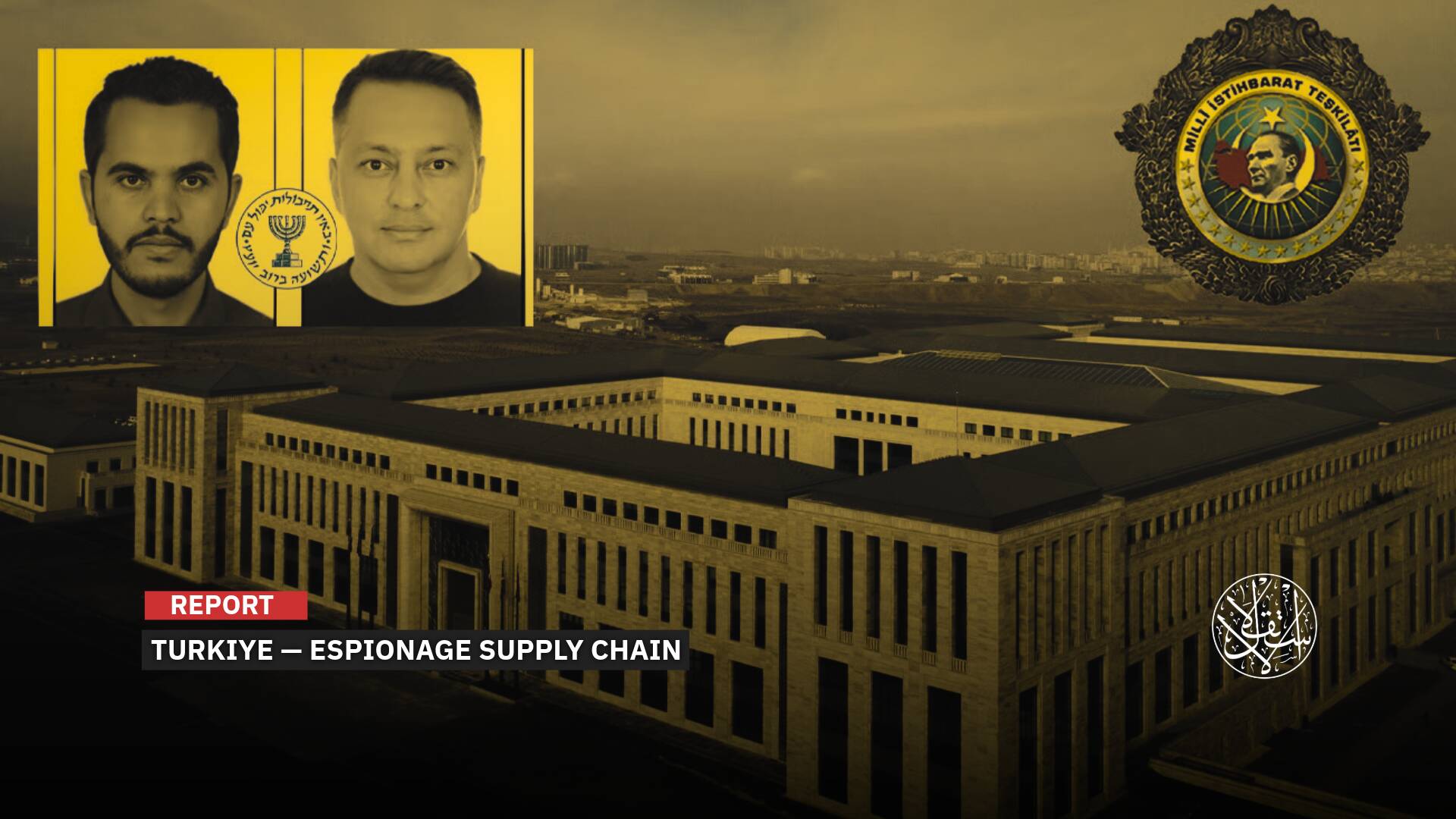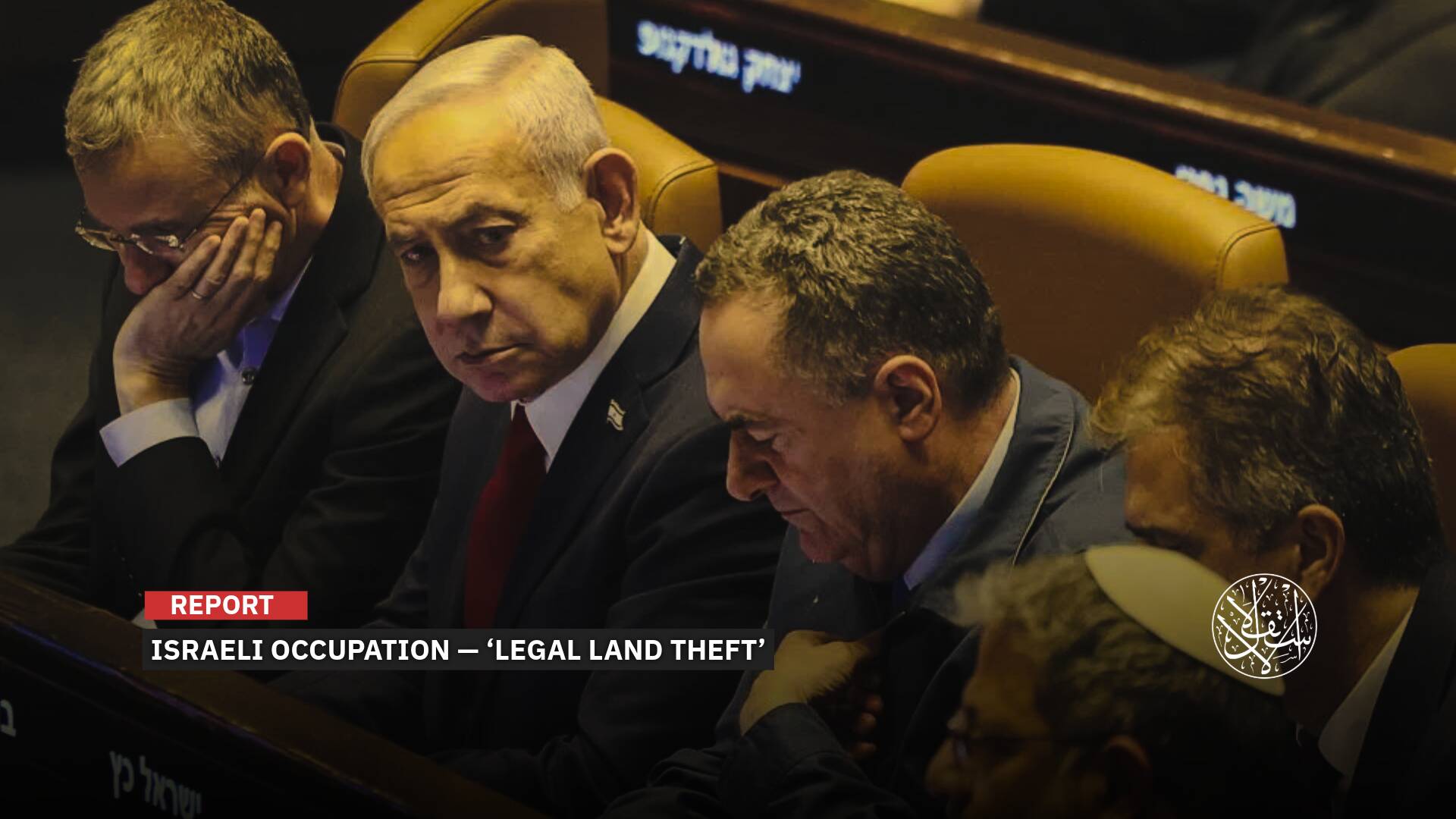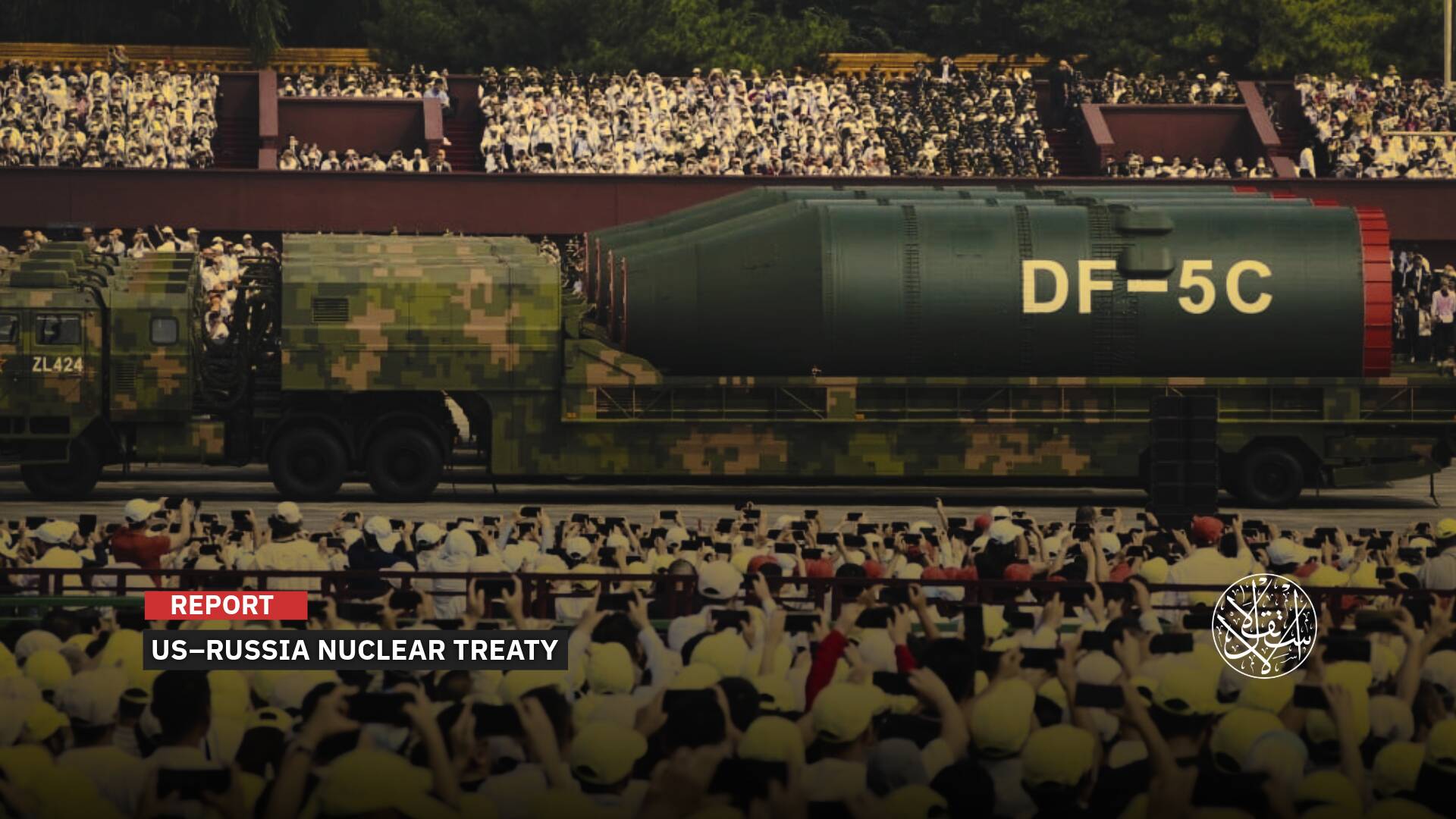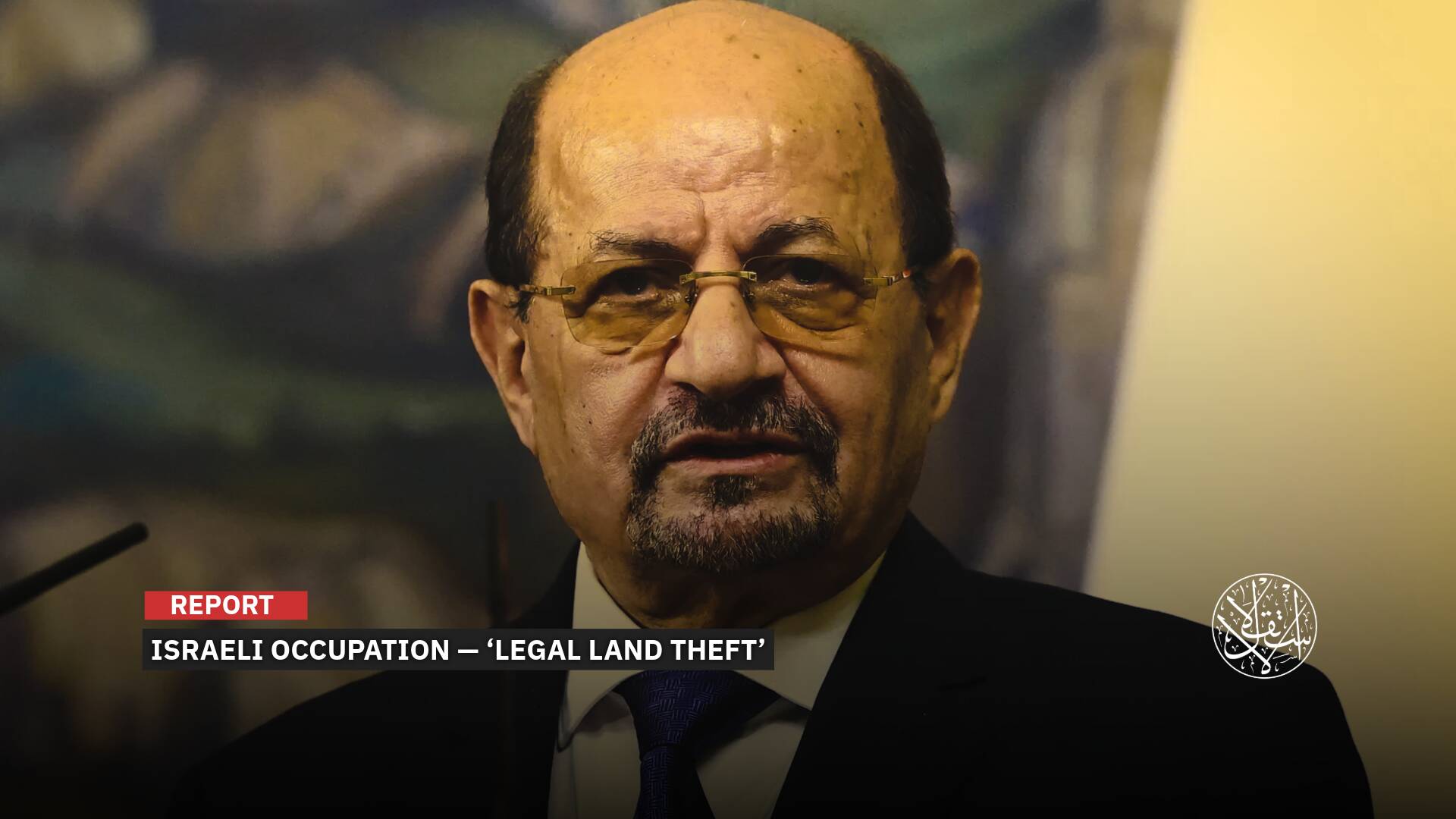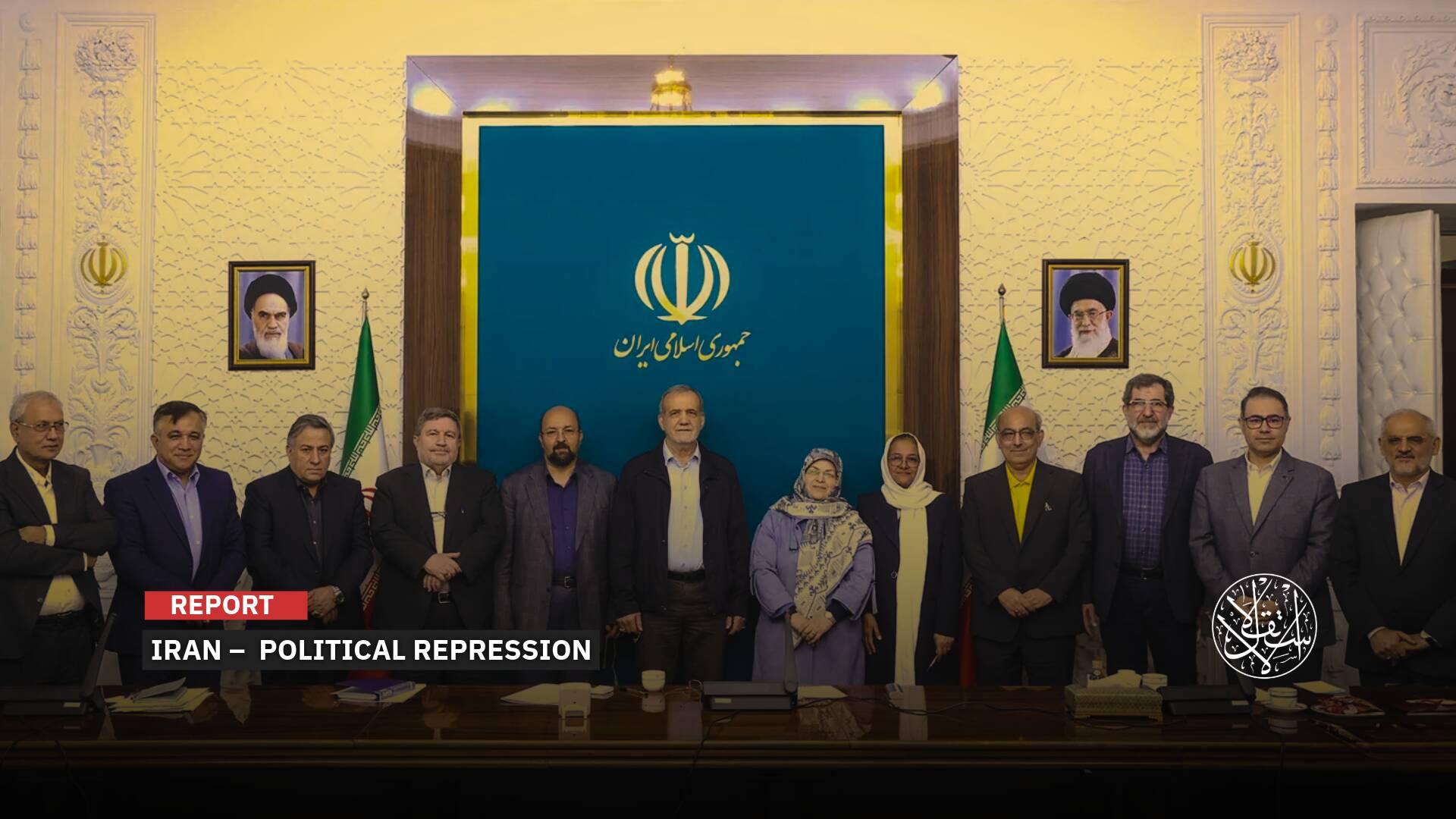Emirati Maneuver: What Lies Behind the Involvement of the Transitional Council in the Red Sea Crisis?

Saudi Arabia and the UAE support competing factions against the Houthis and prefer different approaches to deal with them.
In a move that sparked a plethora of inquiries, the Southern Transitional Council (STC) in Yemen, backed by the United Arab Emirates, announced the introduction of several new naval assets, coinciding with the Houthi targeting of ships associated with "Israel."
Among the questions raised regarding the Southern Transitional Council's actions is to what extent this move might weaken the Houthi grip and control over the Red Sea region and whether it constitutes an indirect confrontation between the United Arab Emirates and the Iran-backed group.
Securing Lanes
On March 10, 2024, an STC published a statement revealing that Aidarus al-Zoubaidi, the President of the Southern Transitional Council, inaugurated several naval vessels in the presence of the Minister of Defence of Yemen Lt. Major General Mohsen Mohammed al-Daeri and Navy Commander Major General Abdullah Salem Ali al-Nakha'ai.
Al-Zubaidi highlighted during the inauguration that "this step holds significant importance in aiding the naval forces to carry out their duties, amidst the ongoing escalation by the Houthis in targeting international shipping lanes in regional waters."
The Yemeni Southern Transitional Council president called on "the leadership of the Arab Coalition and the international alliance to support our naval forces, in terms of training, rehabilitation, and enhancing them with resources to become an active element in the international coalition against terrorism, and safeguarding international shipping lanes."
The statement also quoted Minister of Defence, Lt. Major General Mohsen Mohammed al-Daeri, as stating that "the introduction of these new assets to the naval forces comes within the framework of the ministry's efforts to enhance the combat readiness of the naval forces and coastal defense."
Major General al-Daeri emphasized that "our naval forces have sufficient leaders and technical cadres to enable them to reclaim their leading role in protecting regional waters and securing international shipping lanes with efficiency and prowess."
The Houthi group has been launching attacks on ships linked to "Israel" in the Red Sea since November 2023, and they seized the Galaxy Leader vessel owned by an Israeli businessman on November 20 in retaliation for Israeli aggression on the Gaza Strip.
On December 18, 2023, U.S. Secretary of Defense Lloyd Austin announced the formation of an international maritime security force, Operation Prosperity Guardian, aimed at ending the blockade and countering threats by Houthi forces against international maritime commerce in the Red Sea.
Washington, London, and their allies have conducted a series of successive airstrikes on Houthi sites in Yemen since the early hours of January 12, 2024, which the Iran-backed group retaliated against with attacks targeting numerous ships, particularly American and British ones.

Regarding the extent to which the Southern Transitional Council's move weakens the Houthi naval control, Yemeni political analyst Abdul-Baqi Shamsan stated that "deploying naval assets holds political benefits as the UAE, as the regional sponsor, markets the local proxy [the Transitional Council] as an entity capable of playing a functional role."
He further told Al-Estiklal that "on an undisclosed level, the UAE presents itself to dominant [Western] states that it can play a role in security and safety in the Red Sea through its local proxies, just as Iran does, which disrupts international navigation through its proxies."
Shamsan viewed that "the UAE aims to achieve certain objectives by mobilizing its proxies, the primary one being the elimination of Yemeni state and authority presence as the party to engage with internationally for the protection of international navigation."
Another aspect, Shamsan added, is that "the UAE presents entities that target legitimate authority and marginalizes it, portraying the country as a collection of non-state actors, leading to further international intervention and diminishing prospects of state recovery."
He pointed out that "the UAE presents itself as capable of confronting the Houthis by putting the Transitional Council in the forefront as the one to confront, but in reality, it manages this issue."
Shamsan emphasized that "we are witnessing a strategy to find functional relevance for the UAE in reshaping the equation in the region through the use of local proxies to achieve this.
"There should be a stance from the Yemeni legitimate authority and Saudi Arabia because this means there is no unified state in the Yemen Republic, but rather we are facing military entities and militias different from the Houthis."
The Yemeni expert ruled out "Emirati intervention in clashes with the Houthis, fearing a direct confrontation with Iran, but Abu Dhabi manipulates through local proxies to establish its presence in Yemen geography."
Shamsan believed that "what the UAE is doing harms international security and peace, and provides grounds for the continuation of international presence in international shipping lanes, in addition to allowing for non-governmental military presence in Yemen geography in the future, leading to the emergence of extremist groups, arbitrated externally."
The Yemeni expert concluded that "Abu Dhabi is pursuing its interests at the expense of Arab national security, and at the expense of the Yemeni state and its sovereignty, thus this is a geostrategic, political operation, and the UAE is playing its usual role as a functional state and servant to dominant states in shaping international decision-making."

'Deterring the Houthis'
On the other hand, Yemeni politician close to the Southern Transitional Council, Osan bin Siddah, stated that "the latter understands the game being played by the Houthis by marketing themselves as supporters of Gaza, and gathering many resources for it, which significantly harms the humanitarian situation in Yemen."
Bin Siddah pointed out in a statement to Sputnik agency on March 13 that "the Transitional Council has stated from the beginning that it is not in favor of the chaos caused by the Houthis in the Red Sea, which does not serve Gaza or the Arab nation in general, and harms Egypt, Saudi Arabia, and all the countries bordering it, as well as harming the world and the international community, and it is not in favor of it and will stand against it."
He indicated that "the Transitional Council's deployment of naval units to secure navigation does not mean endorsing "Israel," but rather it is trying to remove the ambiguity about who is trying to exploit the ordeal of our people in Gaza for political gain, and that the Council has condemned from the beginning the attacks carried out by the Houthis."
Bin Siddah emphasized that "the South has had a consistent stance on the Palestinian issue not just now, but since the 1960s, participating in the 1973 war by stopping and preventing the passage of Israeli ships or those supporting them, so if there is an Arab war and a comprehensive Arab stance, we will definitely be part of this Arab stance and will not hesitate.
"But we must be clear that the Houthis only exploit for their own benefit and did not harm trade in the port of Eilat at all, but caused damage to the Suez Canal and the Saudi and Yemeni ports bordering the Red Sea and the Mediterranean, so the Arab citizen is the first to be affected, and Israel did not suffer from Houthi missiles or their targeting of ships in the Red Sea."
Bin Siddah pointed out that "the political position of the South has been clear from the beginning, which is to maintain international security and peace, in addition to its clear position on Arab issues, led by the Palestinian issue.
"We will be supporters of Palestine whenever necessary, but not in the reckless manner in which the Houthis do it, whom we will deter and cut off what they are doing, even if it comes to armed confrontation with them in the Red Sea, if they continue to exploit the pain of our people in Gaza for internal Yemeni political agendas."

On December 12, 2023, Bloomberg published a report stating that Washington's efforts to confront the Yemeni Houthi militia in the Red Sea face a major obstacle, which is a dispute between the UAE and Saudi Arabia, both allies of the United States.
The agency stated that two of the most influential parties involved in the long-term war in Yemen, namely Saudi Arabia and the UAE, support competing factions against the Houthis and prefer different approaches to deal with them.
It pointed out that the UAE is pushing for military action against the Houthis, while Saudi Arabia, Yemen's neighbor, supports a more moderate approach, fearing the outbreak of war.
After the Houthi group's coup against the legitimate authority in Yemen and the takeover of Sana'a in 2014, the UAE entered the country under the umbrella of the Arab Coalition formed by Saudi Arabia in 2015 to halt the advance of the Houthis, who still control several Yemeni cities.
Despite the UAE's announcement of withdrawing its forces from Yemen in 2019, it still controls its proxies, armed and trained in the south of the country, including notably the Southern Transitional Council led by Aidarous al-Zubaidi, which seeks separation and the declaration of Southern Yemeni states.
Sources
- What are the goals of the Southern Transitional Council in Yemen in sending warships to the Red Sea? [Arabic]
- President Al-Zubaidi inaugurates the introduction of new mechanisms to the naval forces [Arabic]
- After the assassination scandals.. Will the Yemeni government file an international complaint against the UAE? [Arabic]


